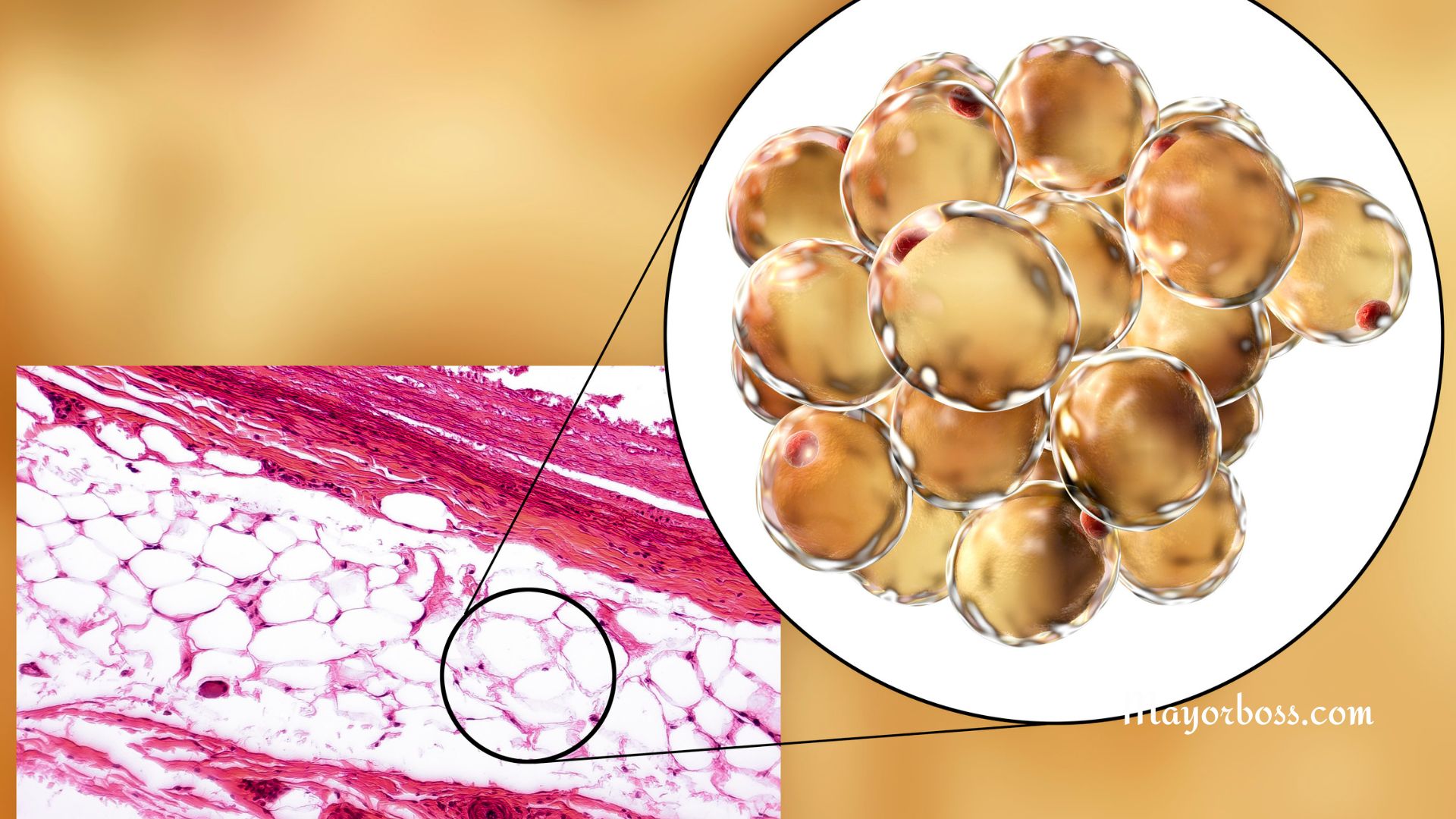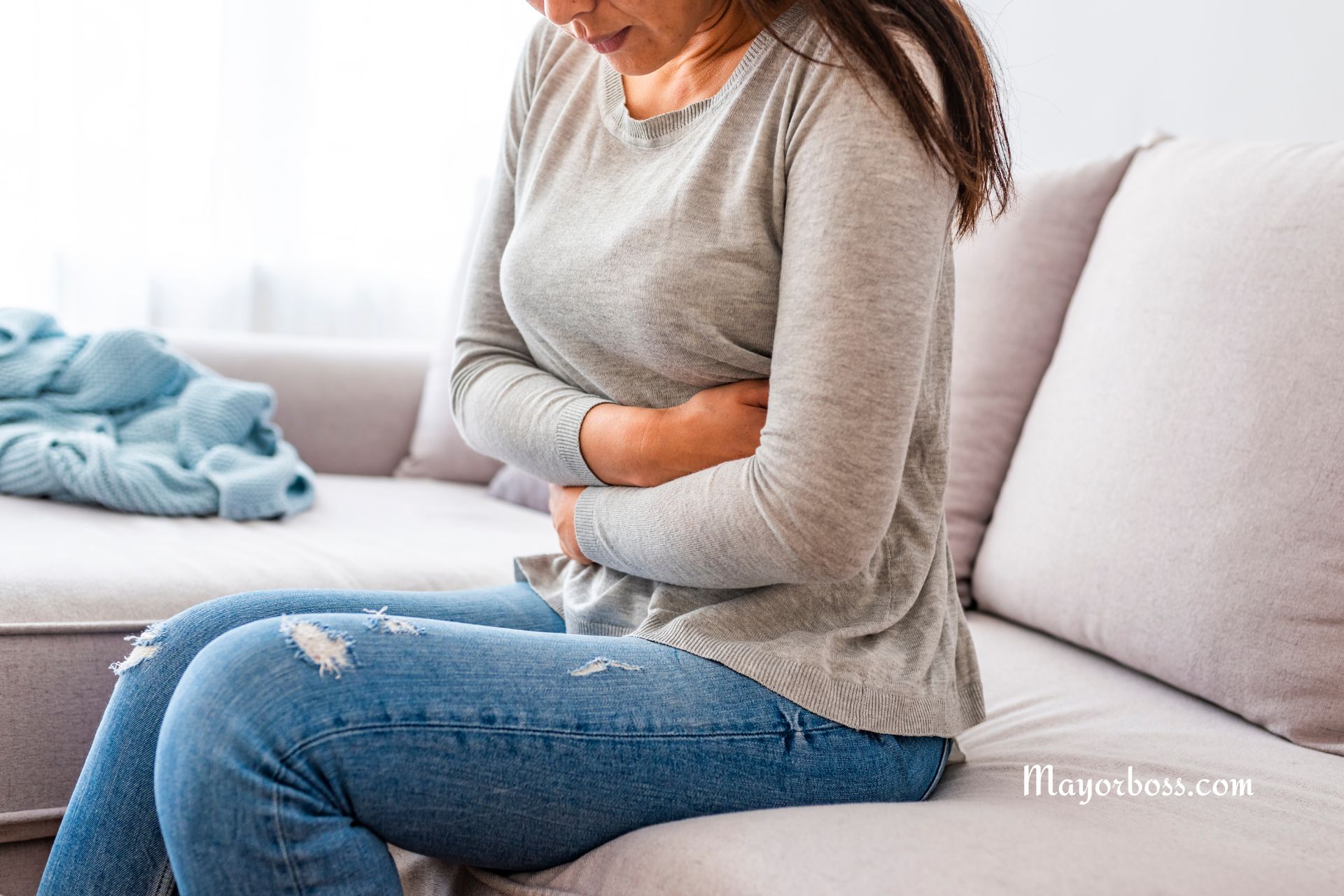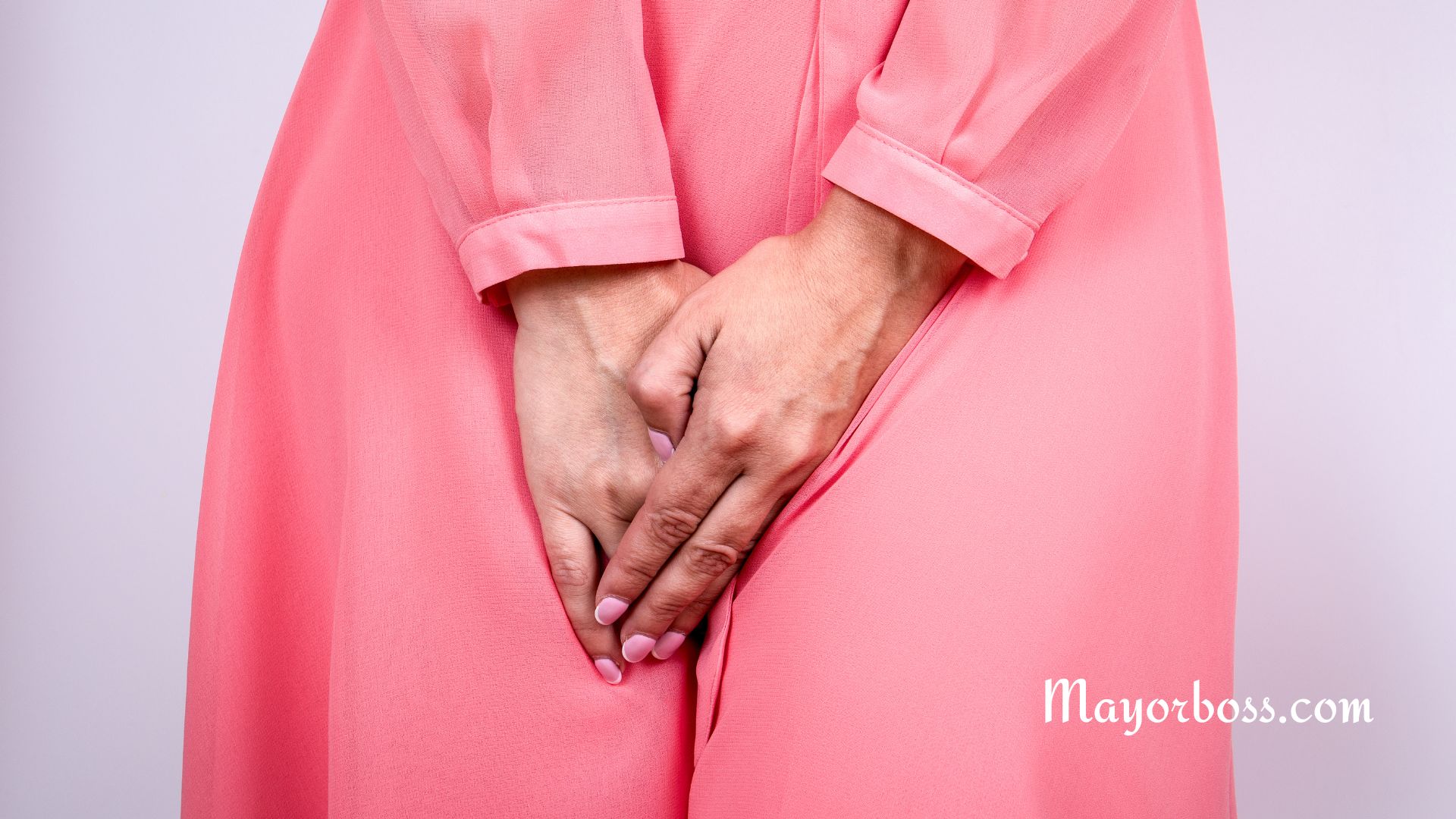How to Poop Instantly When Constipated
According to health experts, constipation happens when you have fewer than three bowel movements in a week or when your poop is hard and tough to pass. This can cause a lot of straining and spending too much time on the toilet. If you’re dealing with constipation, the following quick methods can help you poop within a few hours.
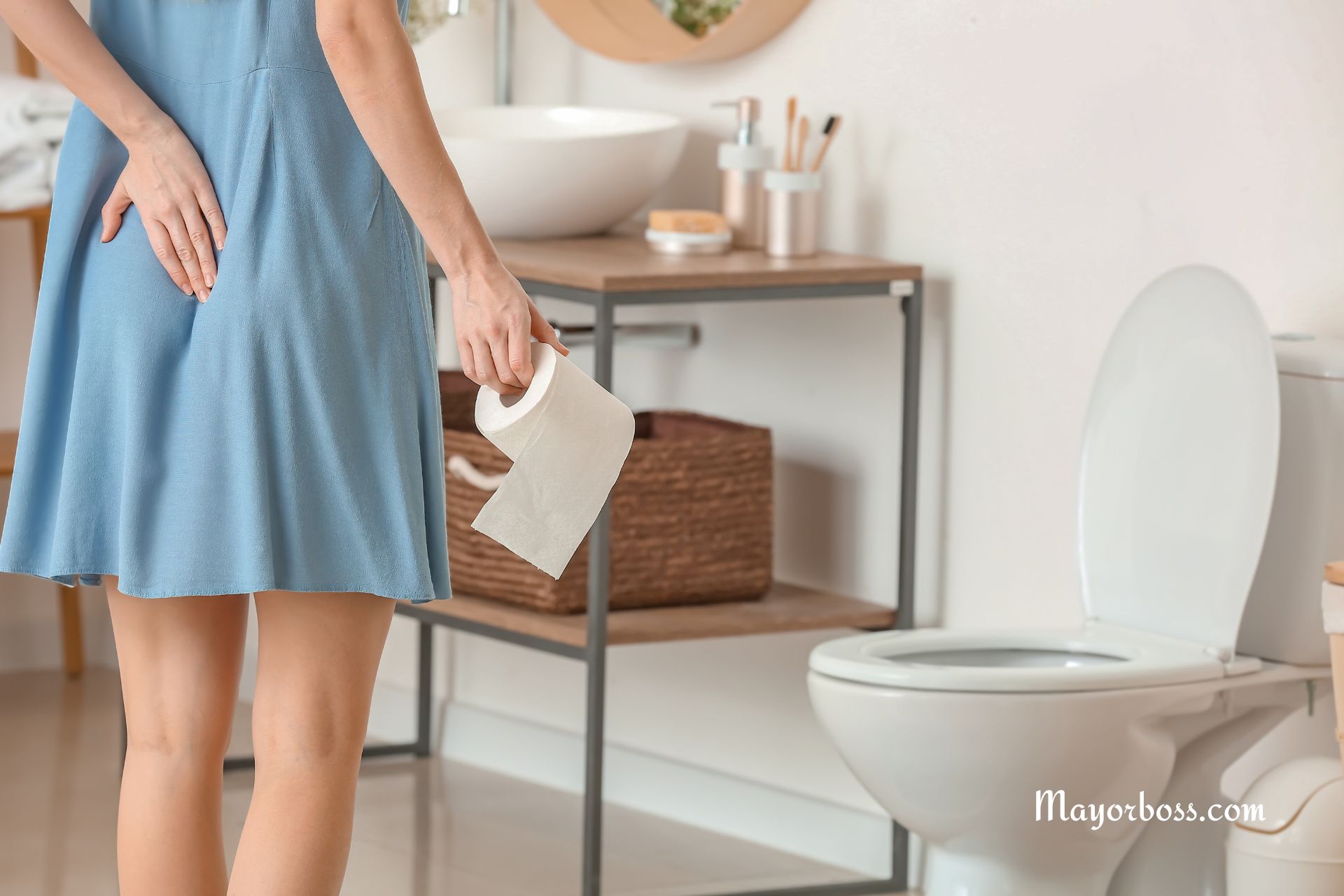
Drinking a Glass of Warm Water
One of the easiest ways to help with constipation is to drink warm water. The warm water helps relax your intestines, making it easier for everything to move. Drinking warm water first thing in the morning can be especially helpful if you have trouble pooping regularly.
Dr. Natalia Hapych, a certified family medicine doctor, says, “Staying well-hydrated is one of the easiest and most natural ways to keep bowel movements regular.” She adds, “Constipation often happens because of dehydration, and drinking more water—especially warm water—can really help.” So before using medications, try a warm glass of water to see if it helps.
Eating Fiber-Rich Foods
What you eat has a big effect on how well your digestive system works. Eating fiber-rich foods like fruits, vegetables, and whole grains can help keep your bowel movements regular. Foods like apples, pears, prunes, and leafy greens are especially good for relieving constipation.
According to Dr. Hapych, “Fiber works like a broom, helping to move waste through the digestive system.” She suggests adding “chia seeds or flaxseeds to your breakfast because they have both soluble and insoluble fiber, which adds bulk and softness to your stool.” Fiber is really important when you want to poop quickly, but make sure you drink plenty of water since fiber needs water to work well.
Try a Gentle Belly Massage
Another quick way to help with pooping is to try a gentle belly massage. You can do this by pressing lightly on your belly in a circular motion, moving from the right side to the lower left side. This helps stimulate your large intestine and get things moving.
Dr. Hapych says, “Some people find that a gentle massage helps relax their belly muscles, especially if constipation is related to stress or muscle tension.” She recommends “taking a few deep breaths while massaging to help relax even more and improve digestion.” It’s a simple, drug-free option you can try anywhere.
Physical Activity
Physical activity is a great way to get your bowels moving. Even a short walk can help stimulate the muscles in your intestines and make you poop. Exercise helps the natural movement in your intestines, which is what you need when you’re constipated.
“If you’re constipated, moving your body can help move your bowels,” says Dr. Hapych. She adds, “Just ten to fifteen minutes of brisk walking, squats, or light stretching can help trigger a bowel movement.” If you sit too much, your intestines can get lazy, so get up and move to help your digestive system.
Prune Juice or Dried Prunes
Prunes are a natural remedy for constipation, and they work well because they have both fiber and a natural laxative called sorbitol. Sorbitol helps soften your stool and stimulate a bowel movement. Drinking a glass of prune juice or eating a handful of dried prunes can be a fast way to get relief.
“Prunes are nature’s laxative,” says Dr. Hapych. She recommends “trying six to eight dried prunes or a small glass of prune juice.” For some people, prunes work in a few hours, while for others, it might take overnight. The mix of fiber and sorbitol makes prunes a good choice for getting rid of constipation.
Elevate Your Feet or Squat for Easier Pooping
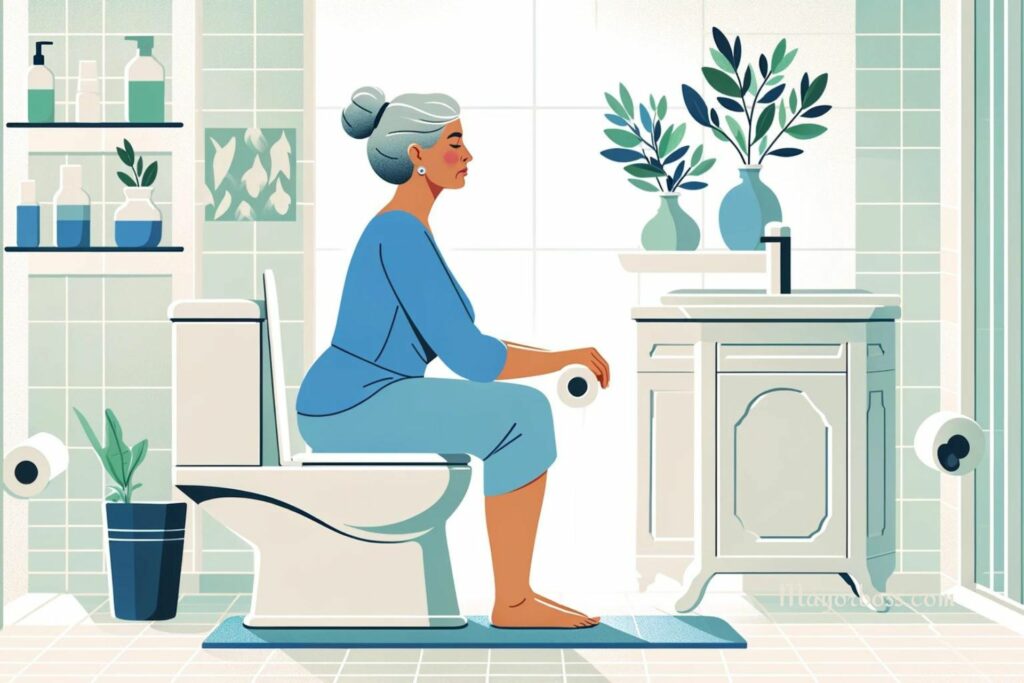
Believe it or not, the way you sit on the toilet can be helpful. Sitting with your feet flat on the floor isn’t the best position for pooping. Instead, try putting your feet on a small stool or leaning forward with your elbows on your knees.
“The squat position helps straighten out your colon, making it easier for stool to pass,” says Dr. Hapych. She notes, “By elevating your feet, you’re putting your body in a better position for pooping, which makes it faster and less strained.” A small change in your posture is helpful, especially if you’re struggling to go.
Taking Magnesium Supplements
Magnesium helps relax the muscles in your intestines, which can help with pooping. Magnesium supplements, especially magnesium citrate, are sometimes used for short-term relief of constipation. Magnesium brings water into your intestines, which makes the stool softer and easier to pass.
“If you’re constipated and other methods haven’t worked, a magnesium supplement might help,” says Dr. Hapych. However, she advises, “You should talk with your doctor before trying magnesium supplements, especially if you have other health problems or take medications.” Remember, supplements should only be used carefully and not as a long-term solution.
Relaxation Can Help If Stress Is Making You Constipated
Stress can have a big effect on your digestion, and for many people, it can lead to constipation. If stress is causing your constipation, finding ways to relax can help. Techniques like deep breathing, meditation, or yoga can help your body relax, making it easier to poop.
When you’re stressed, your digestive system can slow down,” explains Dr. Hapych. “Doing relaxation techniques like deep breathing can help the body’s rest-and-digest system work better, helping digestion.” Reducing stress is important for keeping your gut healthy and avoiding ongoing constipation.
When to See a Doctor About Constipation
If you’ve tried these methods and still can’t poop, it might be time to see a doctor. Long-term constipation could mean there is an underlying health problem that needs medical help. Dr. Hapych says, “If constipation lasts more than a week, even with home treatments, or if it comes with severe pain, it’s best to talk to a healthcare provider.” Your doctor can help find the cause and suggest other treatments, like prescription medicines or more tests if needed.
Takeaway
Constipation can be annoying and uncomfortable, but there are many natural ways to get relief. Drinking warm water, eating fiber-rich foods, getting some exercise, and even changing your position on the toilet can all help make bowel movements easier. Dr. Natalia Hapych says, “These methods often work for mild constipation and can help most people without needing strong medications.” If your constipation continues, don’t wait to see a doctor—there is help, and no one should have to suffer in silence.


